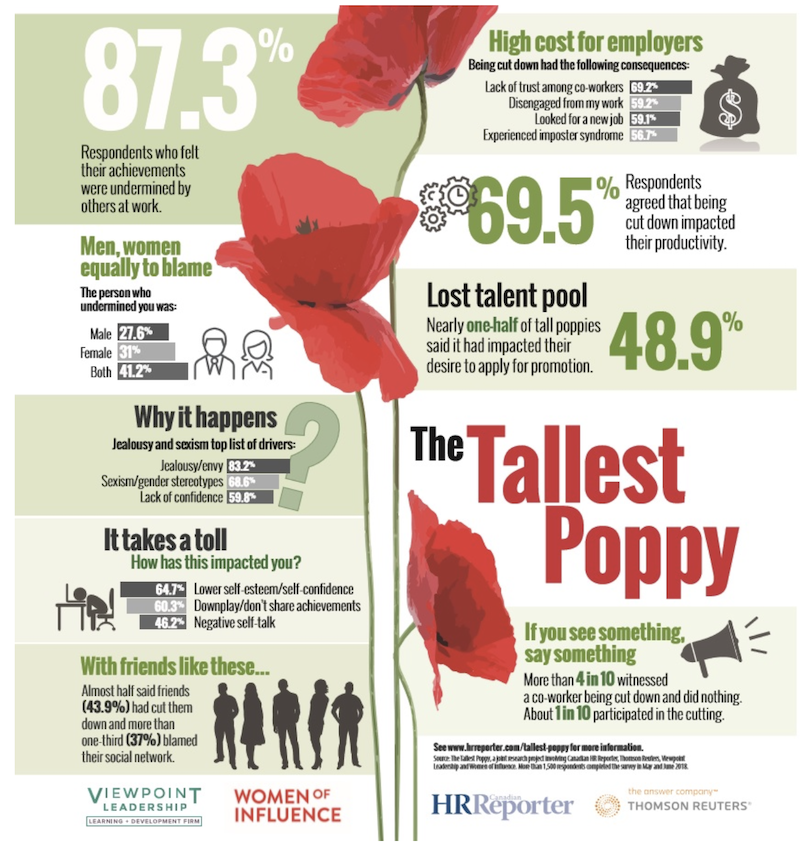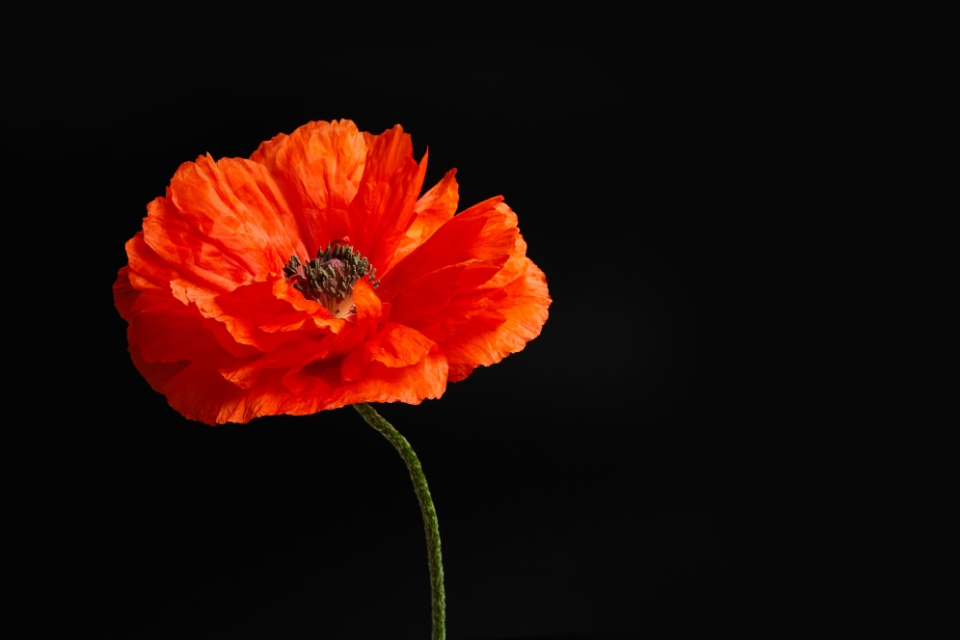This week, celebrating the International Day of the Midwife, Debra Murray, Deputy Editor, has prepared a review of the Midwifery Hour weekly live stream for midwives and allied healthcare professionals hosted by Sue Macdonald and guest Dr Kathryn Gutteridge, Honorary Associate Professor, Psychotherapist and Luminary Midwife. The article shares defining moments from Kathryn’s experience of being a midwife along with research underpinning the need for midwives to stand tall, advocate for pregnant women and colleagues, not letting fear silence them.
__________________________________________________________________
The International Day of the Midwife week is the chance for midwives globally to shout and be heard about the work midwives do and take all of the well wishes that are given.
Dr Kathryn Gutteridge, a self-proclaimed slave to women, referencing Mary Cronk, who described midwives as ‘professional servants’, firstly focuses on what it was like to be a midwife and taking on the role of a new Consultant midwife in 2002 onwards.
What was it like to be a midwife back then?
Reflecting back on one defining moment in time where Kathryn used her voice to advocate for women.
She remembers she had five rooms in total at her birthing centre, all with pregnant women staying in them. She found midwives were running between rooms sharing one Sonicaid unit. Kathryn acted quickly, rang her Head of Midwifery and told her she was going to close the birth centre, because they didn’t have adequate equipment to work safely.
Within 3 hours every room had been provided with a Sonicaid unit.
This led Kathryn to speak about the Tall Poppy Syndrome – referring to people being criticised for their success and achievements in hostile environments.
The Tallest Poppy (2018) looks specifically at working women across Canada from all demographics and professions, and how their psychological health and workplace performance are affected by Tall Poppy Syndrome. The study shows that the silent systemic syndrome is alive and well in Canadian companies, and the result is devastating to female employees.
Take a look at the infographic showing some of the results:

Results remain similar in the repeated study of 2023.
Speak up, speak out, stand tall, stand together and speak the truth
Kathryn discusses midwives speaking out positively on social media platforms and the attacks they receive. She tells that midwives are afraid to speak out as the media picks it up and reports it in a way that negatively represents midwives.
Relating that financial recompense for midwifery has never been addressed properly, she states to take midwifery into the next generation means we need to sustain what we have, we need to speak out, and not let fear silence us; pointing to the recent publication – #Saynotobullyinginmidwifery: This report contains accounts of bullying behaviours + consequences + may trigger those who have experiences of bullying.
“Birth brings us to humanity” says Kathryn, “honing what is ours, we are by law the person who should be at birth. We should celebrate who we are, we are never ever forgotten by that woman. Even if a woman declines the whole system and you can be there to listen. Go the extra mile you will receive much more back.”
In taking stock of recent reports, she highlights ongoing inequalities in maternity services as well as training issues, poor culture, risk assessments that are not done effectively or are absent. Maternal death rates have risen to levels not seen in 20 years. In 2002 the RCM reported that they had 33165 midwives in practice in England and over 20% of them were over the age of 50. In 1994 we had 35000 midwives. In 8 years over 2000 midwives had left the profession. The Why do midwives leave? (2013) study alludes that midwives couldn’t work as they had trained, making independent decisions and advocating for women.
Kathryn’s solution: continuity of carer
In addition, she makes the point that the closure of maternity units is not conducive to the return of midwives to the profession but should be used for models of training.
For example, ‘Your Birth in our Home’ project that Kathryn led was started to change both the service model but also the development of a midwifery service of excellence – this changed the perspective of birth. Part of this model, the Halcyon birth centre, is now closed.
Midwifery is bittersweet sometimes
Kathryn reminds us to keep nourished or you can’t give to others. Be a good memory for every family.
Find your inspiration
Kathryn closes on her presentation by saying to stick together and stand tall like the Poppy.
She pointed to Rosa Parks as her inspiration: read Rosa’s story here.
“When your mind is made up it diminishes the fear” she wanted to be free so other people could be free. – Rosa Parks
To hear Kathryn’s presentation from the Maternity and Midwifery Hour, watch the presentation here:
SEASON 13 | EPISODE 4: Celebrating International Day of the Midwife Week
Host, Sue Macdonald, Midwifery Expert; Host and Curator, Maternity and Midwifery Festivals/Midwifery Hour, Editor, Mayes Midwifery welcomes Dr Kathryn Gutteridge, Honorary Associate Professor, Psychotherapist and Luminary Midwife to this week’s Maternity and Midwifery Hour on Wednesday 8 May which celebrates International Day of the Midwife Week.
Debra Murray,
Deputy Editor,
MATFLIX
Email: info@matflix.co.uk
Catch up on previous programmes in the series by subscribing to the Maternity and Midwifery Forum’s YouTube channel here, read the weekly blog on MATFLIX or listen to the Maternity & Midwifery Hour Podcast.
If you would like to speak on the Midwifery Hour or at one of the Maternity and Midwifery Festivals, please email info@matflix.co.uk or submit your paper here.
#IDM2024 #MidwivesAndClimate
May 2024



